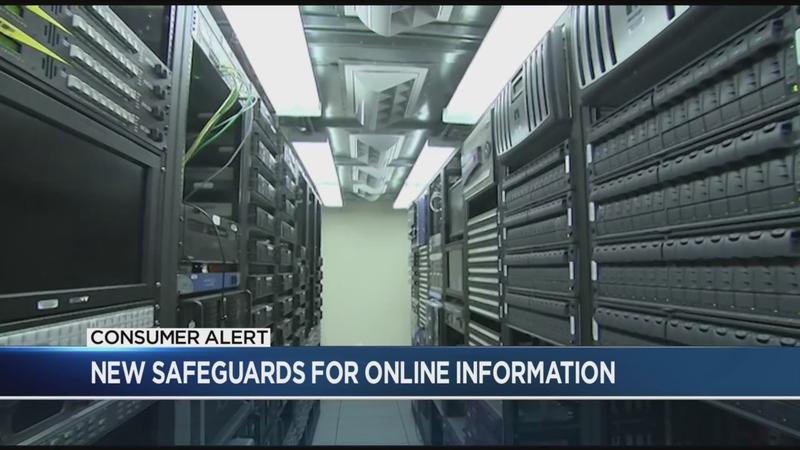Consumer Alert: The FTC takes steps to protect your personal information
[anvplayer video=”5067717″ station=”998131″]
ROCHESTER, N.Y. (WHEC) — This consumer alert is about protecting your identity. After major breaches in recent years, the Federal Trade Commission (FTC) is making some changes.
The Equifax breach of 2017 was among the biggest. The chair of the FTC pointed to the Equifax breach as proof these safeguards are needed. The personal information of 147 million people was compromised such as names, addresses and Social Security numbers. That breach was clear evidence that the even largest of our institutions are vulnerable to cybercriminals.
So the FTC has updated what it calls the Safeguards Rule. It requires financial institutions to provide more specific criteria to protect your data, like using encryption and limiting who has access to your personal information. Institutions are required to tell the FTC how and with whom it shares our information. And lastly, it has to designate someone to oversee security.
When I read this my mouth dropped. These are common-sense requirements. It’s hard to believe the FTC didn’t mandate these safeguards before. Clearly, it’s up to us as consumers to take steps to protect our identity.
Here are some steps you can take to protect yourself. You need to make sure that no one can borrow money using your identity, so you have a few choices.
- A Fraud Alert. It’s free. It makes companies verify your identity before opening a new line of credit in your name. It’s easy. All you have to do is contact one of the three credit bureaus and that bureau must then contact the other two. A fraud alert usually expires in one year.
- A Credit Lock. It’s free with Transunion and Equifax, but Experian charges a monthly fee. Unlike a freeze, it’s not governed by federal law. It’s essentially an agreement between you and the credit agency. It’s easy to set up and cancel; usually, it can be done with an app. It may be an easier option if you anticipate needing to make a big purchase or borrow money in the near future.
- A Credit Freeze. By federal law, the bureaus must freeze your credit within 24 hours of your request and unfreeze it in an hour. You must contact all three agencies to freeze your credit with each bureau.
Consumer Reports recommends freezing your credit rather than locking it because it offers you federal protections if someone opens a line of credit in your name.

[File video, News10NBC]
For that reason, I’ve chosen a credit freeze. All of these options have pros and cons; the only bad option is to do nothing. And remember, you need to take action with all three bureaus: Experian, Equifax and TransUnion. Freezing your credit with one agency and not the others is like locking your front door but leaving the back door wide open. Don’t procrastinate.